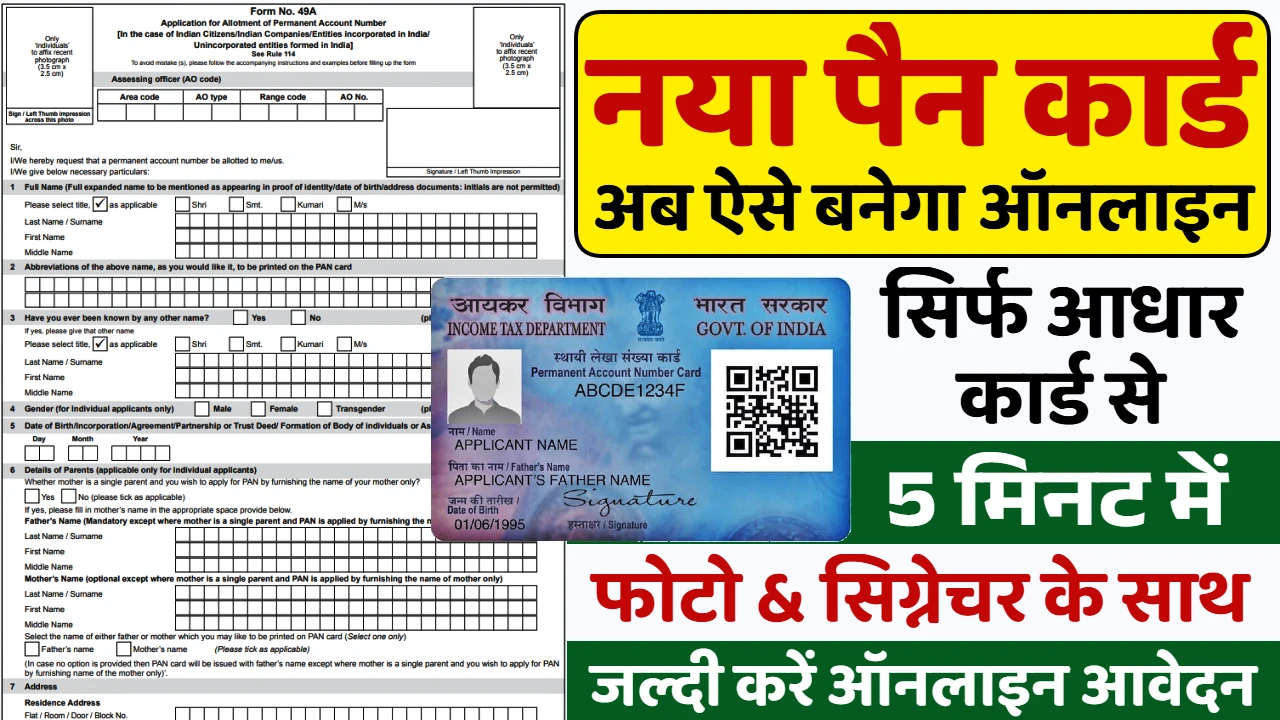As we navigate through 2025, the world continues to beckon with new adventures and experiences. However, the landscape of travel is also one of increasing unpredictability. From unforeseen medical emergencies to unexpected trip cancellations and even global events, the need for a robust safety net has never been more apparent. This comprehensive guide delves into whether travel insurance in 2025 truly offers value for money, exploring its myriad benefits and the evolving trends shaping the industry.
The Evolving Landscape of Travel in 2025
The travel industry in 2025 is characterized by a strong rebound in international travel, particularly among millennials and Gen Z. There’s a noticeable shift towards more experiential and adventurous travel, with a growing awareness among travelers about potential risks. This heightened awareness, coupled with rising disposable incomes, is fueling a significant surge in demand for comprehensive travel insurance policies. Countries within the Schengen Area, for instance, continue to mandate travel insurance for visa processing, further underscoring its importance.
Why Travel Insurance is More Relevant Than Ever
Gone are the days when travel insurance was considered an optional add-on. In 2025, it’s increasingly becoming a non-negotiable part of responsible travel planning. The sheer volume of uncertainties, from flight delays and cancellations to health crises abroad, makes a strong case for financial protection. The global travel insurance market is projected to witness robust growth, reaching an estimated USD 27.14 billion in 2025, a clear indicator of its growing adoption.
Unforeseen Disruptions and Financial Safeguards
- Trip Cancellation & Interruption: Imagine planning your dream vacation, only for a sudden illness or a family emergency to force a cancellation. Travel insurance can reimburse non-refundable expenses like flights, hotels, and tours, preventing significant financial losses. This coverage extends to trip interruptions, covering unused prepaid costs or out-of-pocket expenses if your journey is cut short.
- Medical Emergencies Abroad: One of the most critical aspects of travel insurance is its coverage for medical emergencies. Healthcare costs in foreign countries can be astronomically high. A robust policy ensures you’re covered for hospitalisation, outpatient treatment, and even emergency medical evacuation back home. This peace of mind is invaluable, especially for those traveling to destinations with expensive medical services like the USA or Canada.
- Lost, Delayed, or Damaged Baggage: The frustration of lost luggage is something no traveler wants to experience. Travel insurance often provides compensation for essential items if your baggage is delayed, and reimbursement for permanent loss or damage. This can save you from unexpected expenses and considerable stress.
- Passport Loss and Other Document Issues: Losing your passport abroad can be a nightmare. Many policies offer assistance with expediting replacement processes and covering associated costs, ensuring you’re not stranded without vital documents.
Key Features to Look For in 2025
Choosing the right travel insurance in 2025 requires careful consideration of various features tailored to your travel style and needs.
| Feature | Description |
| Comprehensive Medical Coverage | Covers hospitalisation, emergency medical evacuation, and often includes COVID-19 related expenses and even mental health support. Look for high coverage limits. |
| Trip Cancellation/Interruption | Reimburses non-refundable expenses for unforeseen cancellations or early returns due to covered reasons (illness, natural disaster, etc.). |
| Lost/Delayed Baggage | Provides compensation for essentials if bags are delayed and reimbursement for permanent loss or damage to checked luggage and personal items. |
| 24/7 Global Assistance | Access to a helpline for immediate support in emergencies, from medical referrals to legal assistance, anytime, anywhere in the world. |
Types of Travel Insurance for the Modern Traveler
The market in 2025 offers a diverse range of policies to suit different travel patterns:
- Single-Trip Travel Insurance: Ideal for infrequent travelers taking one specific trip. These policies are tailored to the duration and destination of a single journey.
- Annual Multi-Trip Travel Insurance: A cost-effective solution for frequent flyers. One policy covers multiple trips within a year, often with a maximum duration per trip (e.g., 30 or 60 days). This is gaining immense popularity as more individuals travel frequently for leisure and business.
- Student Travel Insurance: Specifically designed for students studying abroad, these policies often include unique benefits like tuition fee reimbursement if studies are interrupted due to illness, and even sponsor protection in case of unforeseen circumstances affecting the financial guardian.
- Senior Citizen Travel Insurance: Tailored for older travelers, these plans often provide enhanced medical coverage and may accommodate pre-existing medical conditions (with proper disclosure).
- Adventure Sports Coverage: With the rise of adventure tourism, many travelers are opting for add-ons that cover activities like scuba diving, hiking, or snowboarding, which are typically excluded from standard policies.
Considerations Before Buying 🧐
While the benefits are clear, it’s crucial to make an informed decision:
- Read the Fine Print: Understand what is covered and, more importantly, what is excluded. Pre-existing medical conditions, specific adventure activities, and certain types of voluntary cancellations might require additional riders or may not be covered at all.
- Match Dates Precisely: Ensure the insurance policy dates exactly match your travel dates, especially for visa-required destinations like the Schengen Area. Any mismatch can lead to visa rejection.
- Compare Policies: Don’t settle for the first option. Compare coverage, premiums, and claim settlement ratios from various reputable insurers. Indian insurers, for example, are known for offering competitive and visa-compliant policies.
- Declare Everything Honestly: Be transparent about pre-existing medical conditions to avoid complications during claims.
The Verdict: Is It Worth It? ✅
In 2025, with travel costs on the rise and global uncertainties a constant, travel insurance has undeniably transitioned from a luxury to a necessity. The potential financial risks associated with medical emergencies, trip disruptions, and lost belongings far outweigh the cost of a premium. It offers not just financial security but also the invaluable peace of mind that allows you to truly enjoy your journey, knowing you’re protected against the unexpected. For any significant investment in travel, particularly international trips or those involving adventure, travel insurance in 2025 is not just worth it; it’s an intelligent investment in your travel experience.
FAQs
Q1: Is travel insurance mandatory for all international trips in 2025?
A1: While not mandatory for all countries, it is required for visa processing in many regions, especially the Schengen Area, Russia, and UAE. Even where not required, it is highly recommended due to high medical costs and unpredictable travel events.
Q2: Does travel insurance cover pre-existing medical conditions in 2025?
A2: Generally, standard policies may exclude pre-existing conditions. However, many insurers offer add-on coverage or specialized policies for pre-existing medical conditions, provided they are declared honestly during policy purchase.
Q3: What should I do if my flight is delayed or cancelled and I have travel insurance?
A3: First, obtain documentation from the airline confirming the delay or cancellation. Then, contact your insurance provider’s 24/7 global assistance helpline for guidance on eligible expenses and the claims process. Keep all receipts for any additional costs incurred.












